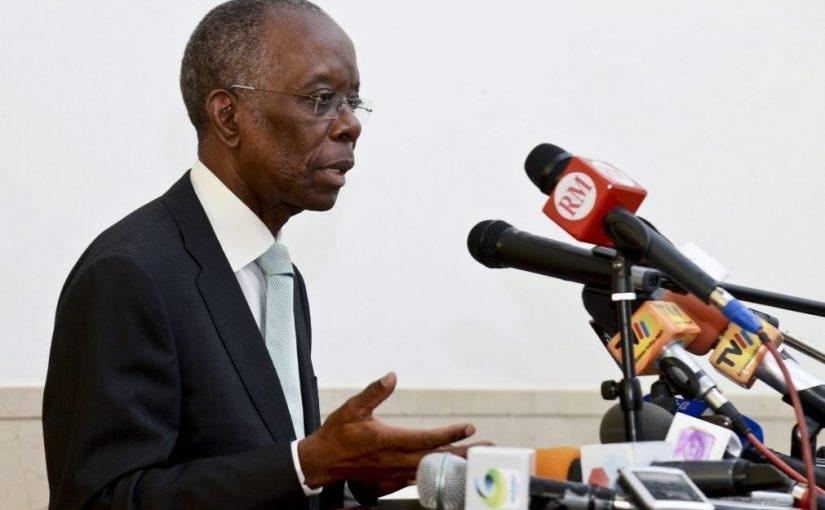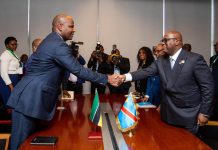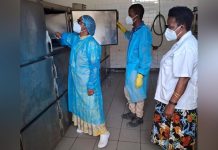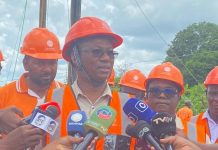Africa-Press – Mozambique. Mozambique’s finance minister on Monday ruled out the possibility of having to restructure public debt due to delays in natural gas exploration in Cabo Delgado, saying that “there are no reasons to anticipate this scenario.
Speaking to the Bloomberg financial information agency, Adriano Maleiane said that “the macroeconomic assumptions that underpinned the renegotiation of the debt securities with the committee of creditors remain unchanged, there are no reasons to anticipate that scenario.
The minister was referring to the renegotiation of the bonds of the Empresa Moçambicana de Atum (EMATUM), which were first converted into public debt securities and then restructured following the Financial Default that Mozambique fell into following the disclosure of the hidden debt scandal and consequent cut of funding by international donors.
Mozambique is relying on gas revenues to support rising debt costs and ensure repayment of public debt, which the International Monetary Fund forecasts will reach 133.6%, the third-highest ratio to GDP in sub-Saharan Africa.
The debt coupons rise from 5% to 9% in March 2024 and were restructured based on TotalEnergies’ original gas production schedule, which was to start in 2024 but was postponed to at least 2026 due to conflict in the north of the country.
Asked by Bloomberg whether the country is planning to ask for financing from the IMF, the minister did not reply.
The IMF was in Maputo from 27 September to 15 October to conduct its traditional annual Article IV review of the economy, which had not happened since 2019.
Mozambique has three development projects approved to exploit natural gas reserves in the Rovuma basin, ranked among the largest in the world, off the coast of Cabo Delgado.
Two of these projects are larger and envisage channelling gas from the seabed to land, cooling it in a plant to export it by sea in a liquid state.
One is led by TotalEnergies (the Area 1 consortium), and work progressed until it was suspended indefinitely after an armed attack on Palma in March.
The other is the still unannounced investment led by ExxonMobil and Eni (Area 4 consortium).
A third almost completed and smaller project also belongs to the Area 4 consortium. It consists of a floating platform that will capture and process gas for export directly at sea, scheduled to start in 2022.
The floating platform is expected to produce 3.4 mtpa (million tonnes per year) of liquefied natural gas, while Area 1 aims for 13.12 mtpa, and the onshore plan for Area 4 envisages 15 mtpa.
Cabo Delgado province has been terrorised since 2017 by armed rebels, with some attacks claimed by the extremist group Islamic State.
The conflict has led to more than 3,100 deaths, according to the ACLED conflict registration project, and more than 817,000 displaced people, according to Mozambican authorities.
Since July, an offensive by government troops with support from Rwanda which was later joined by the Southern African Development Community (SADC), allowed for an increase in security, recovering several areas where there was rebel presence, including the town of Mocímboa da Praia, which had been occupied since August 2020.
For More News And Analysis About Mozambique Follow Africa-Press






